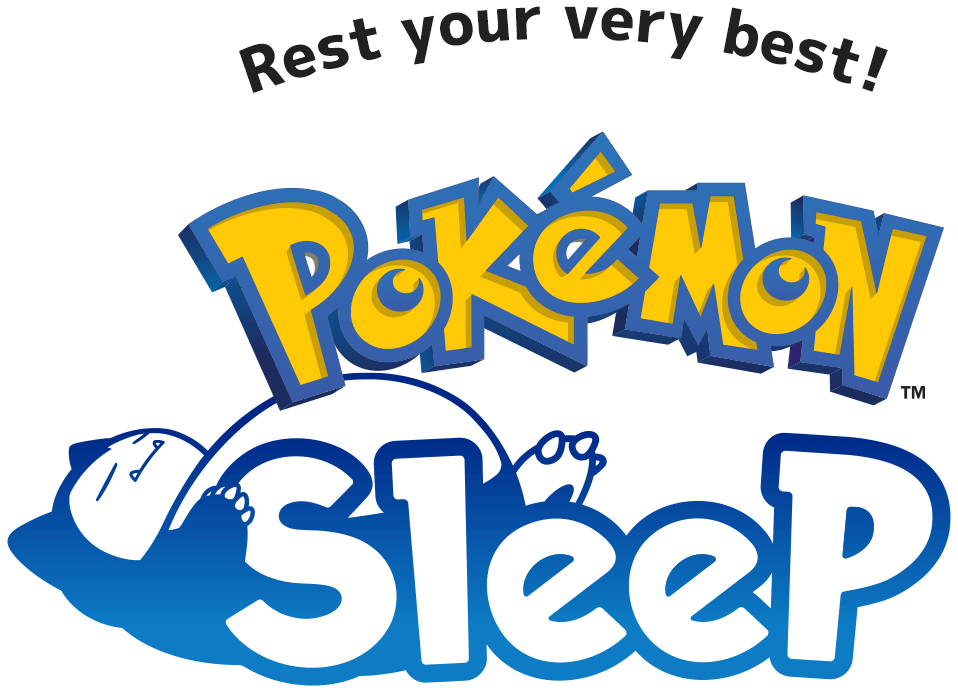Have some questions about sleep?
Can a Person Become an Early Riser, a Night Owl, or a Short Sleeper?
Notes:
- Pokémon Sleep is intended for entertainment purposes only and is not intended for use in detection, diagnosis, or treatment of any medical condition or disease.
- The information provided in this article—and the sleep score registered through Pokémon Sleep—does not represent or substitute for a diagnosis from a physician or health care professional, and it cannot be used as a diagnostic or therapeutic treatment for a sleep disorder. Users should seek medical attention in case they present signs or symptoms that could be associated with sleep disorders.
- Please note that the information in this article is intended for adults regarding sleep unless otherwise stated.
Short sleepers are basically born with this characteristic; it’s in their DNA. It’s nearly impossible to change the amount of sleep your body requires through practice or effort. This is the same for both morning people and night people. People are born as early risers or night owls. It’s said to be extremely hard for night people to deliberately become morning people. As long as they do not have any sleep disorders and their sleep schedule is right for them, none of these types—short sleepers, long sleepers, early birds, or night owls—is inherently better than any other.
Meanwhile, research on short sleepers hasn’t progressed much because real short sleepers are very rare. It seems likely that most people who think of themselves as short sleepers are actually just sleep deprived.
Reference material: Katharina Seystahl, et al. “Development of a Short Sleeper Phenotype after Third Ventriculostomy in a Patient with Ependymal Cysts” J Clin Sleep Med. 2014 Feb 15; 10(2): 211–213.





